Percival P.44 Proctor V
Production Time 9 to 10 weeks
Shipment is by FedEx, UPS or DHL International Express Courier with a normal door-to-door delivery time worldwide of within 2-3 business days after dispatch. Due to the current volatility of world fuel prices, the amount mentioned here is our best estimate for DHL and UPS and may be subject to change at the time of shipping.

Model Description: Percival P.44 Proctor V Wood Replica Scale Custom Model Aircraft
Manufacturer: Percival
Wingspan: 17.5 Inches (44.5 Centimeters)
Height: 3.2 Inches (8.1 Centimeters)
Scale: 1:27
Registration: ZK-AQZ
$239.50
Production Time 9 to 10 weeks
-
United States dollar ($)
-
Pound sterling (£)
-
Euro (€)
-
Australian dollar ($)
-
Canadian dollar ($)
-
Singapore dollar ($)
-
Swiss franc (CHF)
-
Japanese yen (¥)
-
Danish krone (kr.)
-
Hong Kong dollar ($)
-
Norwegian krone (kr)
-
Swedish krona (kr)
-
United Arab Emirates dirham (د.إ)
General Product Description
Our PlaneArts Percival P.44 Proctor V model exhibits unique, unrivaled quality and detailed design to come as close as possible to the accuracy of the actual plane. It comes as standard with a robust, durable base or stand which is available in a variety of different finishes designed to match your own personal requirements including solid wood, wood with polished metal supports or adjustable wood wall mount and will be ready within about 9-10 weeks from placement of order.
The Percival P.44 Proctor V model is made of the finest kiln dried renewable mahogany wood (commonly known as Lauan or Meranti) which has undergone many stages of carving and meticulous and careful sanding giving the beautiful, finished museum quality masterpiece. Many collectors and model connoisseurs demonstrate their preference for genuine handmade and hand painted mahogany wood models rather than plastic or die cast (diecast) alternatives due to the overall look and totally different feel of the item - we trust you will find the same. We can however, if required produce the same model in Solid Cast Resin so just click and contact us for further information. Our craftsmen and gifted artisans ensure that our finely handcrafted model airplanes match the precise blueprint details of the original aircraft. The paint scheme, markings and parts are closely matched, reflecting the original aircraft. This stylish top-quality desktop replica model will surely enthrall anyone who receives this as a gift and for sure one of the most appropriate and desirably collectable gifts for any military aviation enthusiast and avid aircraft collector whilst also displaying a perfect resemblance to the actual real life version.
There are many types of military propeller aircraft, but the basic types are bombers, fighters, fighter bombers, spotter planes, transporters, patrol aircraft, trainers, and reconnaissance and observation aircraft. All these types of aircraft are used for different types of missions. If you're a fan of historic or present-day military aviation, our model aircraft will bring the excitement and character of these aircraft right into your own home. You can order a wood airplane model of a North American B-25 Mitchell Bomber, a B17 - Flying Fortress, or a P-51 Mustang Nervous Energy V not forgetting the Bf 109, Spitfire, FW 190, A6M Zero, P-38 and F4U. These classic, propeller airplane models are of the highest quality. Each is individually crafted by our expert craftsmen. They produce handmade scale mahogany airplane models of the finest aircraft from World War I and II to present day biplanes and triplanes.
If you require, we can also make the Percival P.44 Proctor V model in any other military, government or even private livery or colour scheme you require and if necessary, in a different size or scale. Just click here to contact us with a description or photographs of what you require, and we will let you have a quotation for the necessary customization by return email. We can also make bespoke scale replicas of any other private / civil commercial airliner or airliners, helicopter, glider, gliders with engines, military jet, warplane jets, biplane, triplane, tail fin, spacecraft, rocket or NASA model you require in any airline, military or civilian livery or colors. We also produce model airships, blimps, dirigibles, blimps, boats, and ship collectibles. Wall plaque or seal for military, government or private customers. Again, by clicking here to contact us just let us know exactly what you need.
The Percival P.44 Proctor V: A Glimpse into British Aviation History
The Percival P.44 Proctor V represents an intriguing chapter in the annals of British aviation, marking a transitional period from wartime exigencies to peacetime utility. Developed by Percival Aircraft Limited, the Proctor was initially designed to meet the Royal Air Force’s need for a radio trainer and communications aircraft during World War II. However, the Proctor V iteration, which came into existence in the immediate post-war era, was particularly notable for its adaptation to civil aviation needs.
Development and Design:
The origins of the Percival P.44 Proctor trace back to the early 1940s, when the RAF required a replacement for the Avro Anson in roles that included wireless operator and navigation training. Designed by Edgar Percival, the Proctor was built around the concept of a low-wing cantilever monoplane, a significant shift from the high-wing configurations commonly seen in contemporary designs. This design facilitated better visibility for pilots and trainees, a critical feature for training and communication tasks.
Operational History:
The Proctor V’s operational history is a tale of versatility. Initially envisioned as a civil transport aircraft, it could accommodate up to five people, including the pilot. It saw service across various sectors, from private ownership to corporate use, and even in roles such as air taxi services and light cargo transport.
Moreover, the Proctor V served in several air forces in a non-combat capacity. Its ease of handling and maintenance made it a favorite among pilots and engineers alike. However, as newer technologies and designs became prevalent, the Proctor V gradually phased out of primary use.
Legacy and Conclusion:
Today, the Percival P.44 Proctor V holds a special place in the hearts of aviation enthusiasts and historians. It symbolizes a time of transition in the aviation industry, bridging the gap between the war-driven designs of the 1940s and the more specialized and technologically advanced aircraft of the post-war era.
While no longer seen in the skies, the Proctor V endures as a subject of restoration and preservation efforts, celebrated at airshows and in museums where aficionados appreciate its historical significance and contribution to the development of both military and civil aviation in Britain.
The Proctor V’s journey from a wartime necessity to a peacetime commodity encapsulates the dynamic shifts in aviation technology and use-case scenarios during the mid-20th century. Its story is not just about an aircraft model but about the evolution of aviation itself, reflecting broader technological, economic, and social transformations.
| Weight | 6 kg |
|---|---|
| Dimensions | 12.5 × 17.5 × 3.2 in |

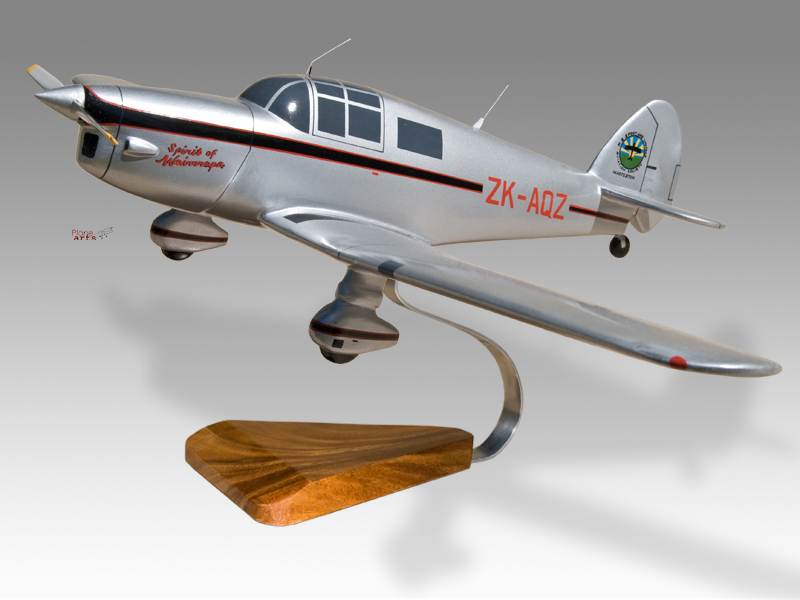
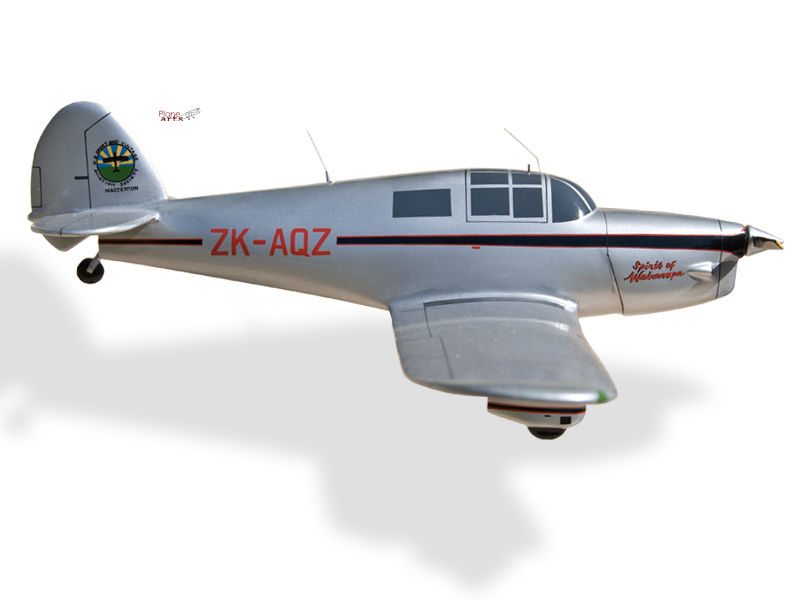
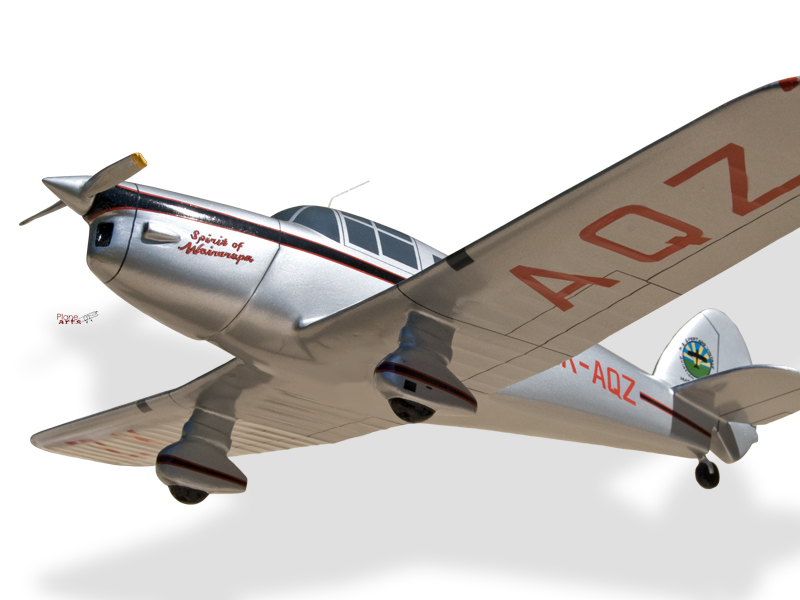
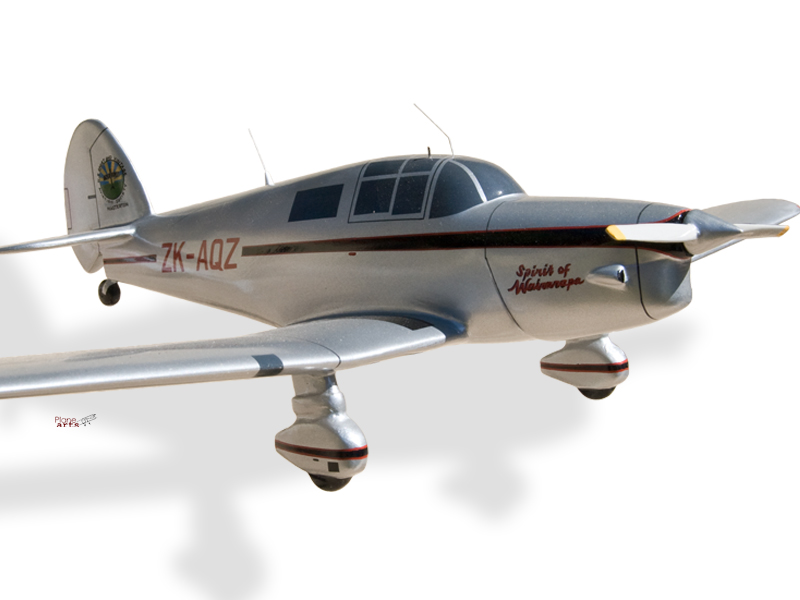
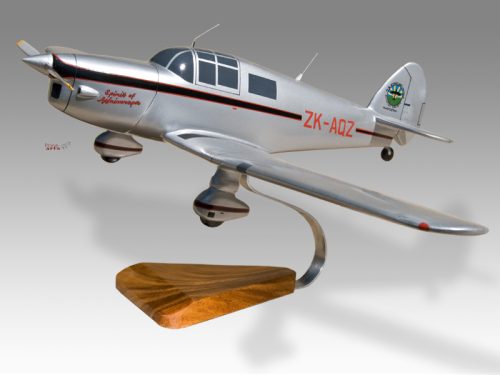

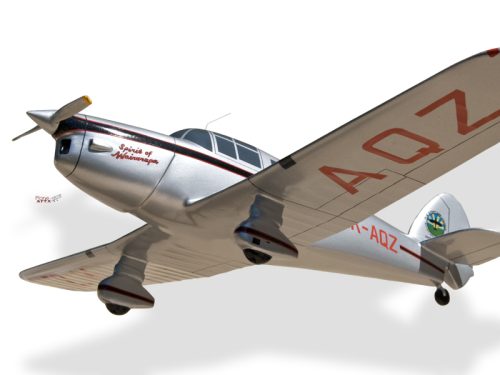
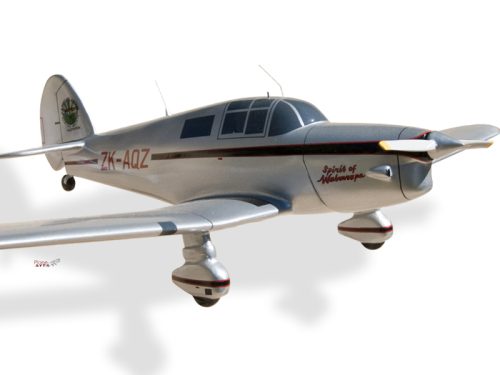
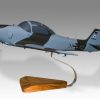
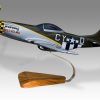
Reviews
There are no reviews yet.